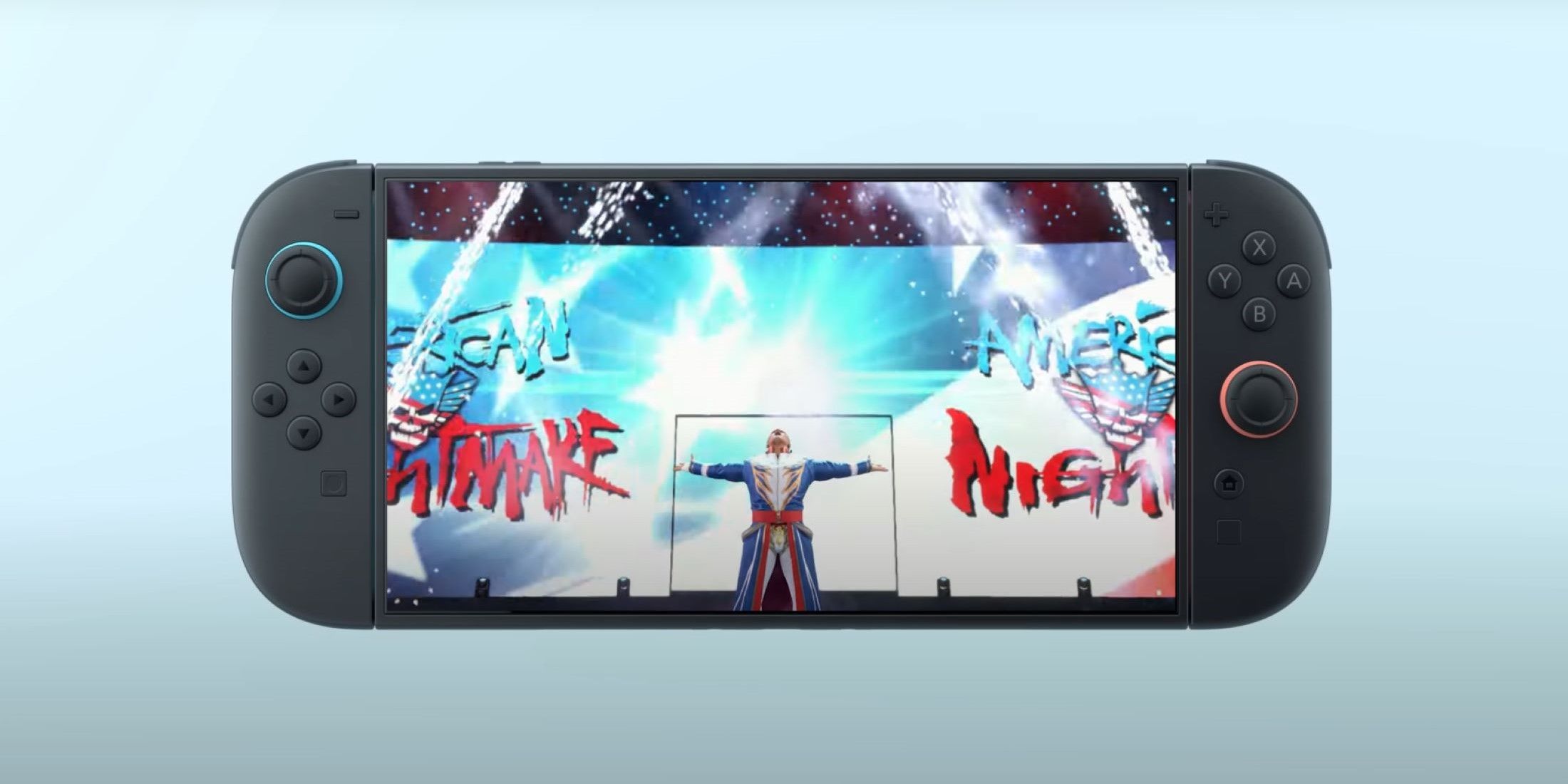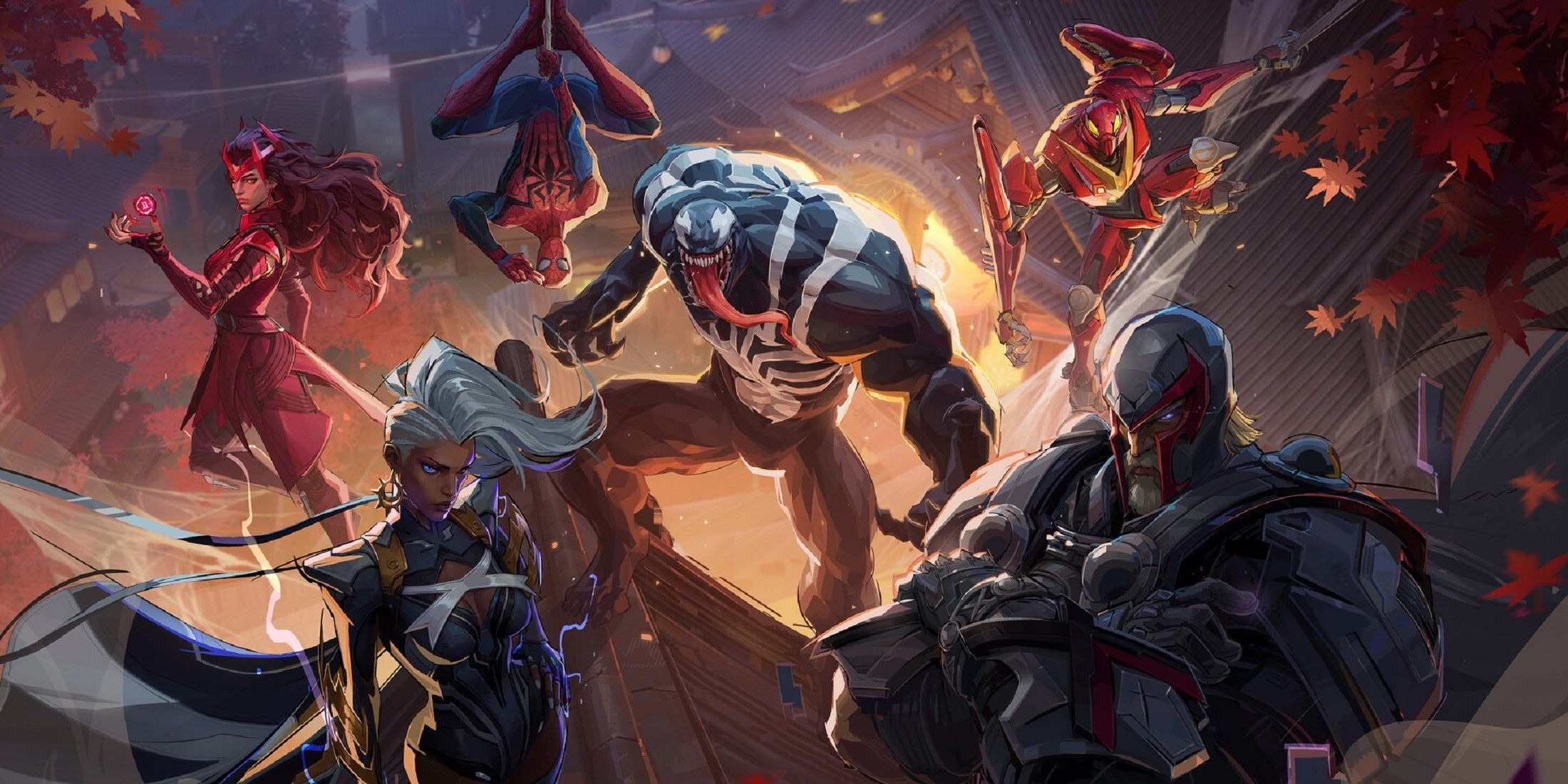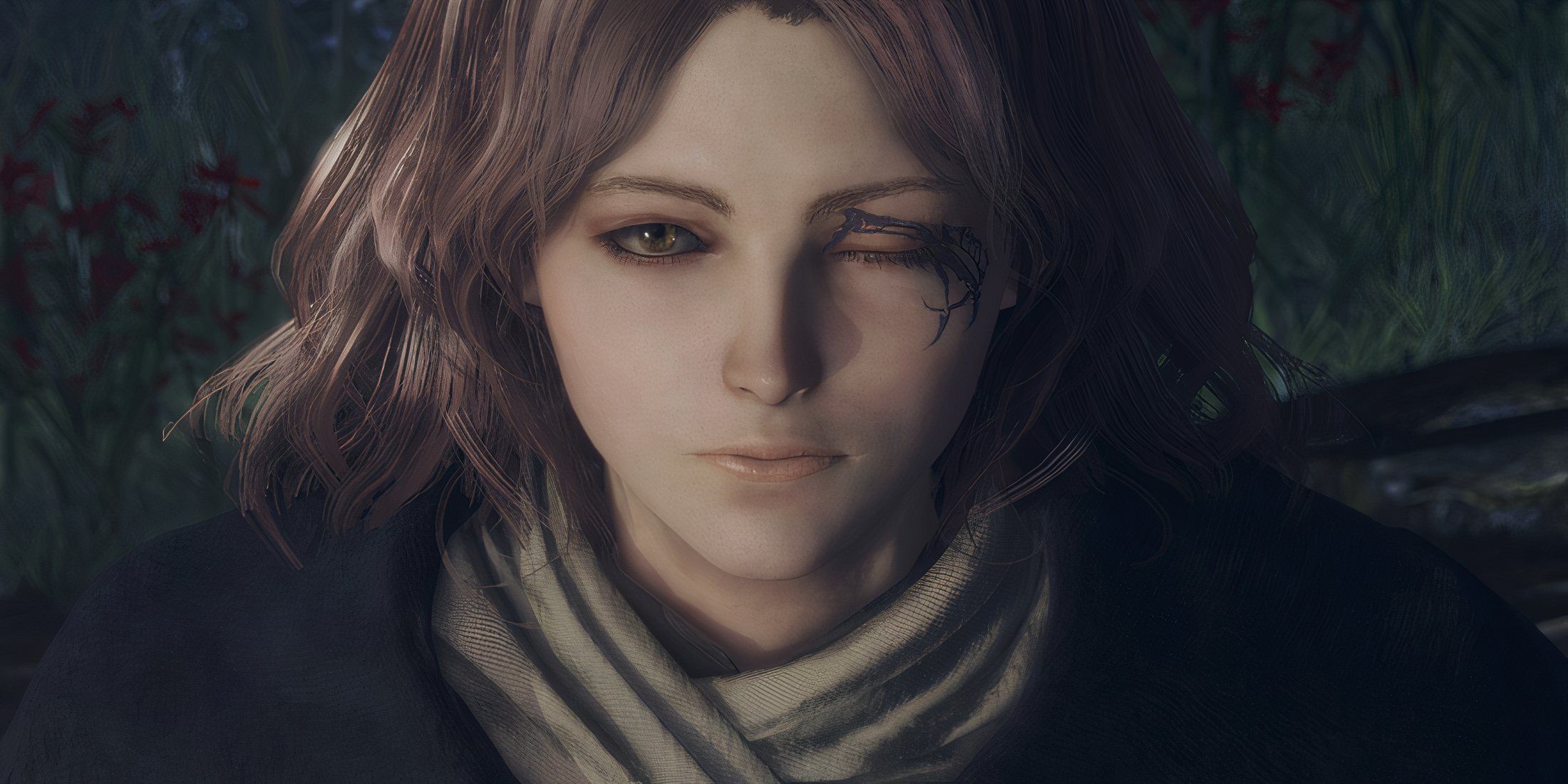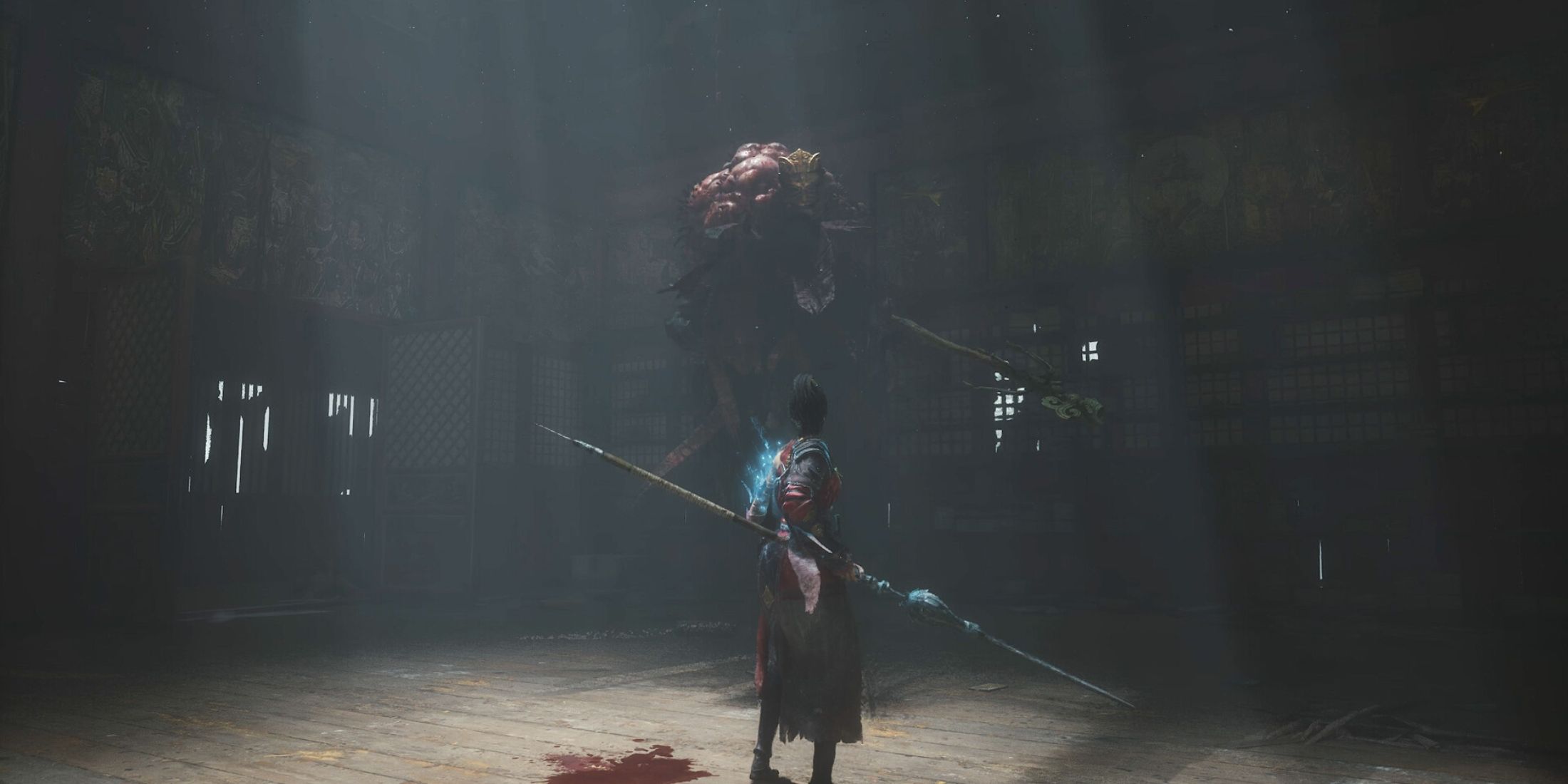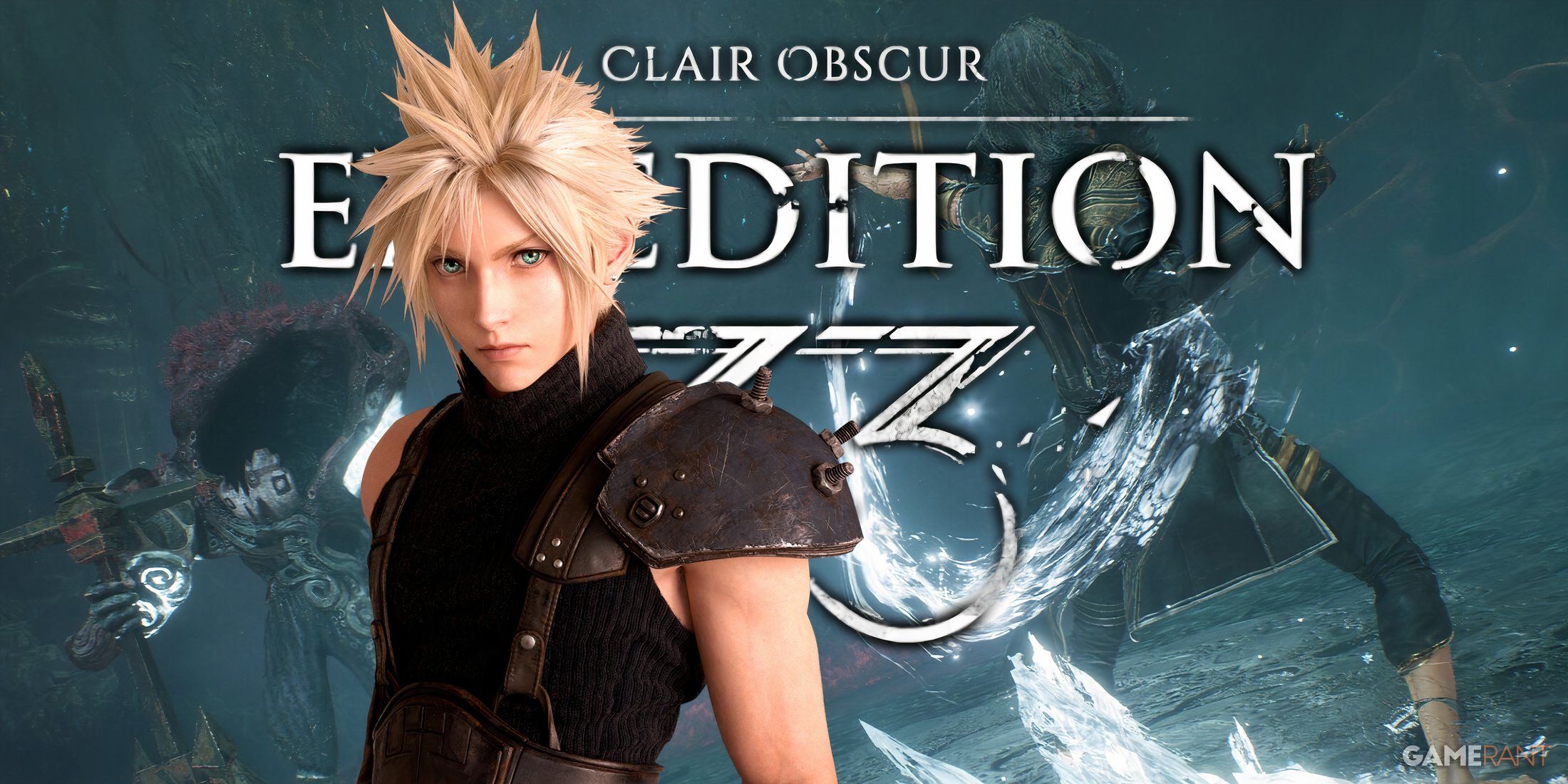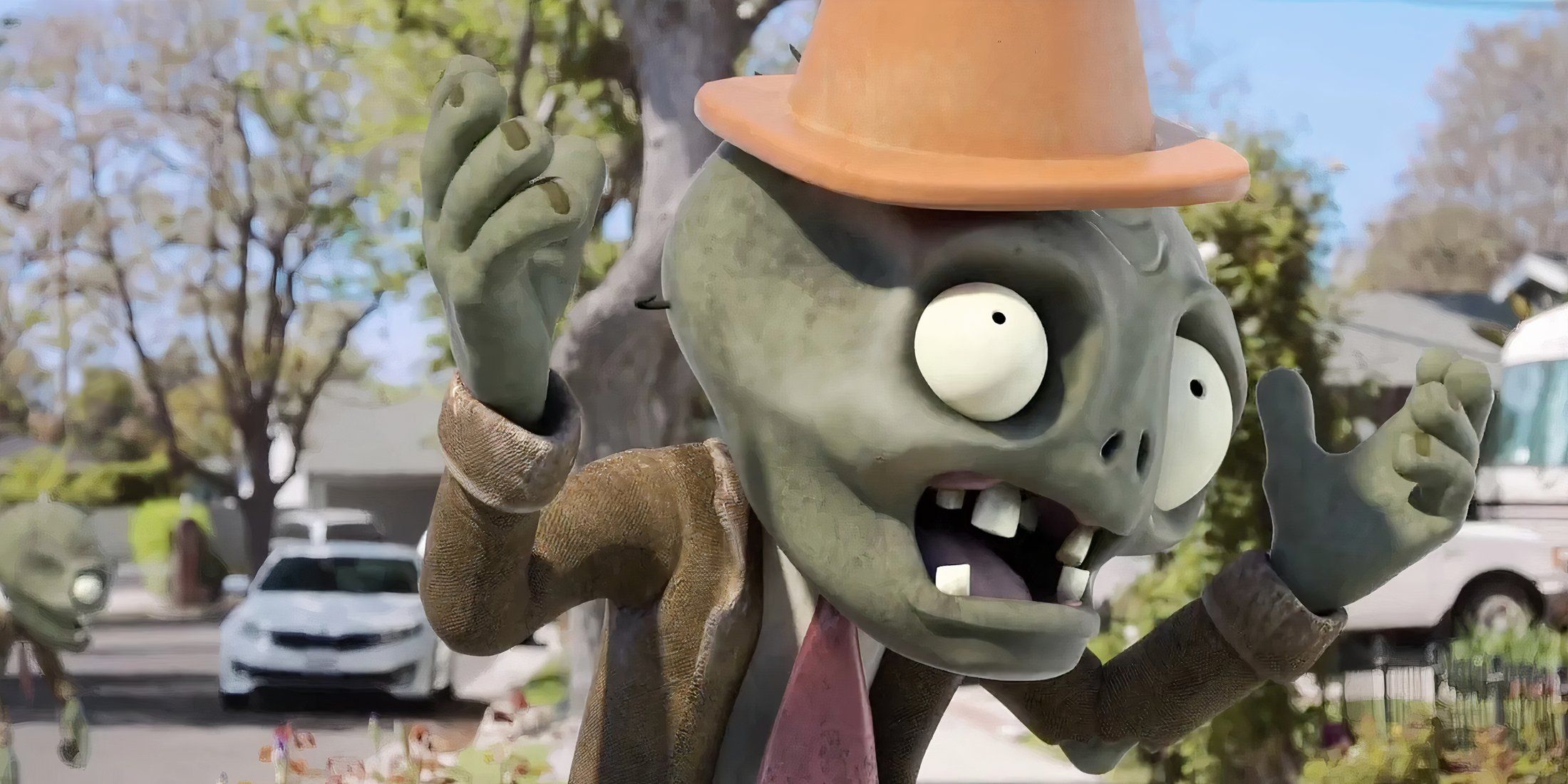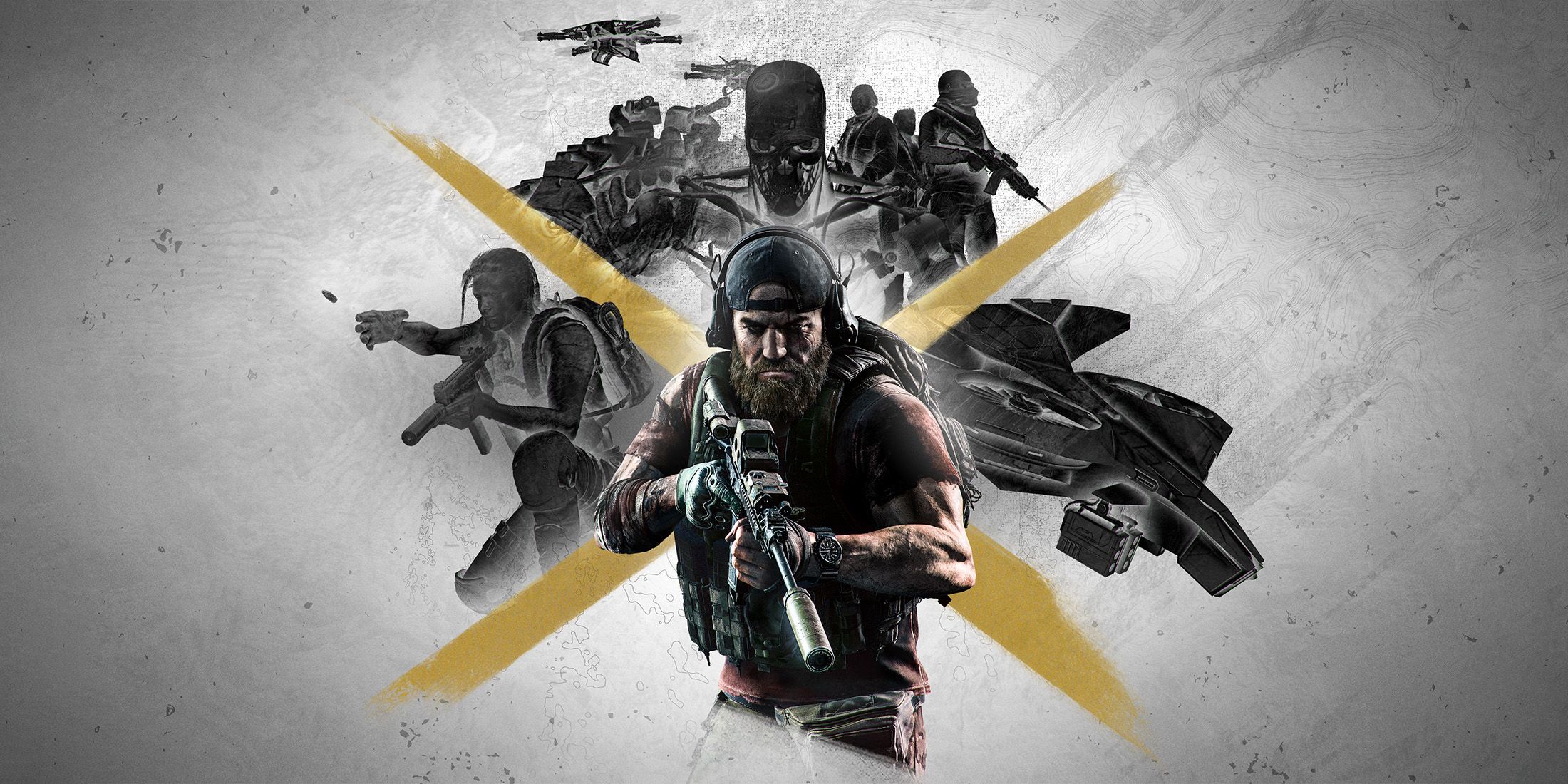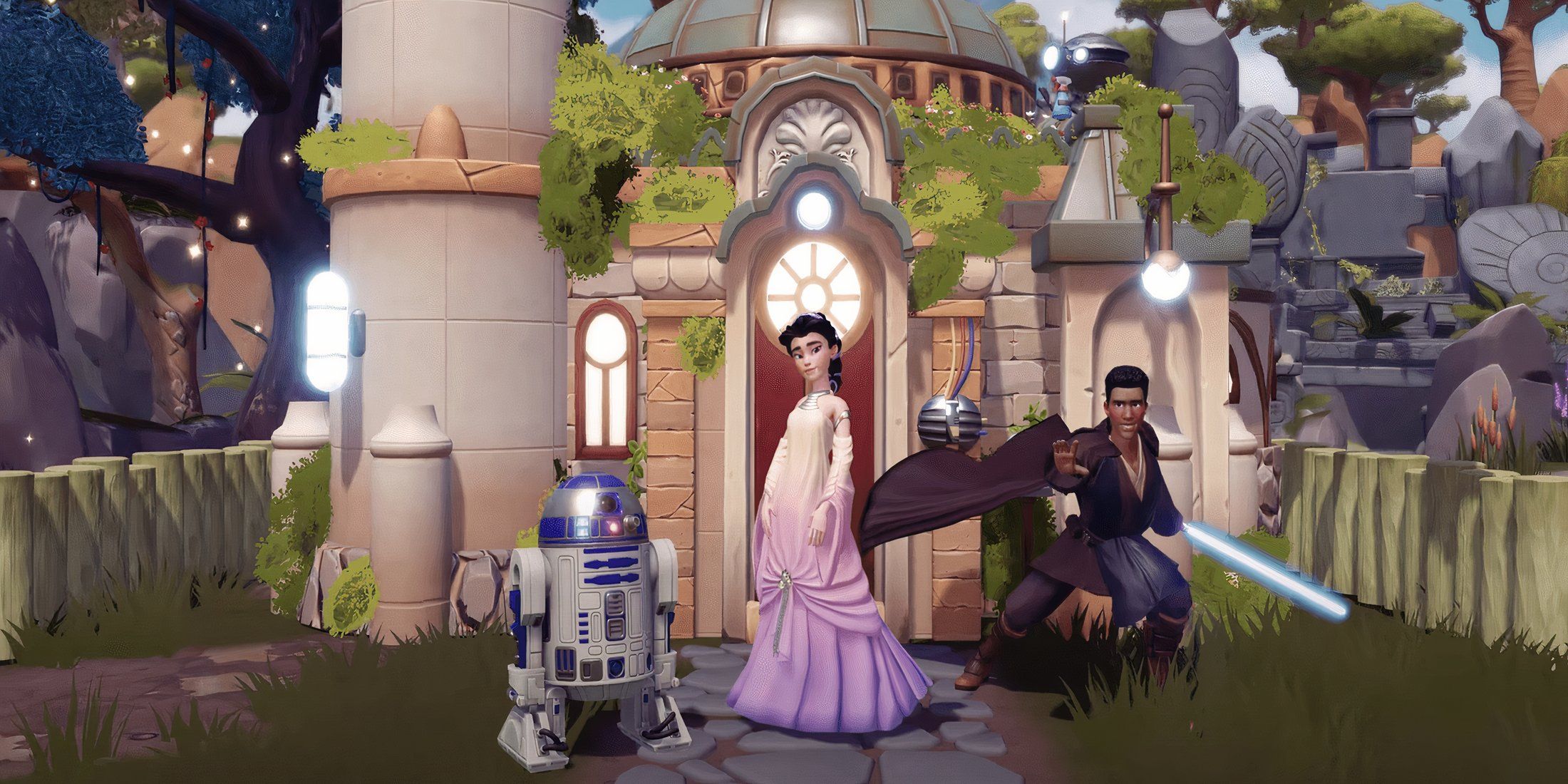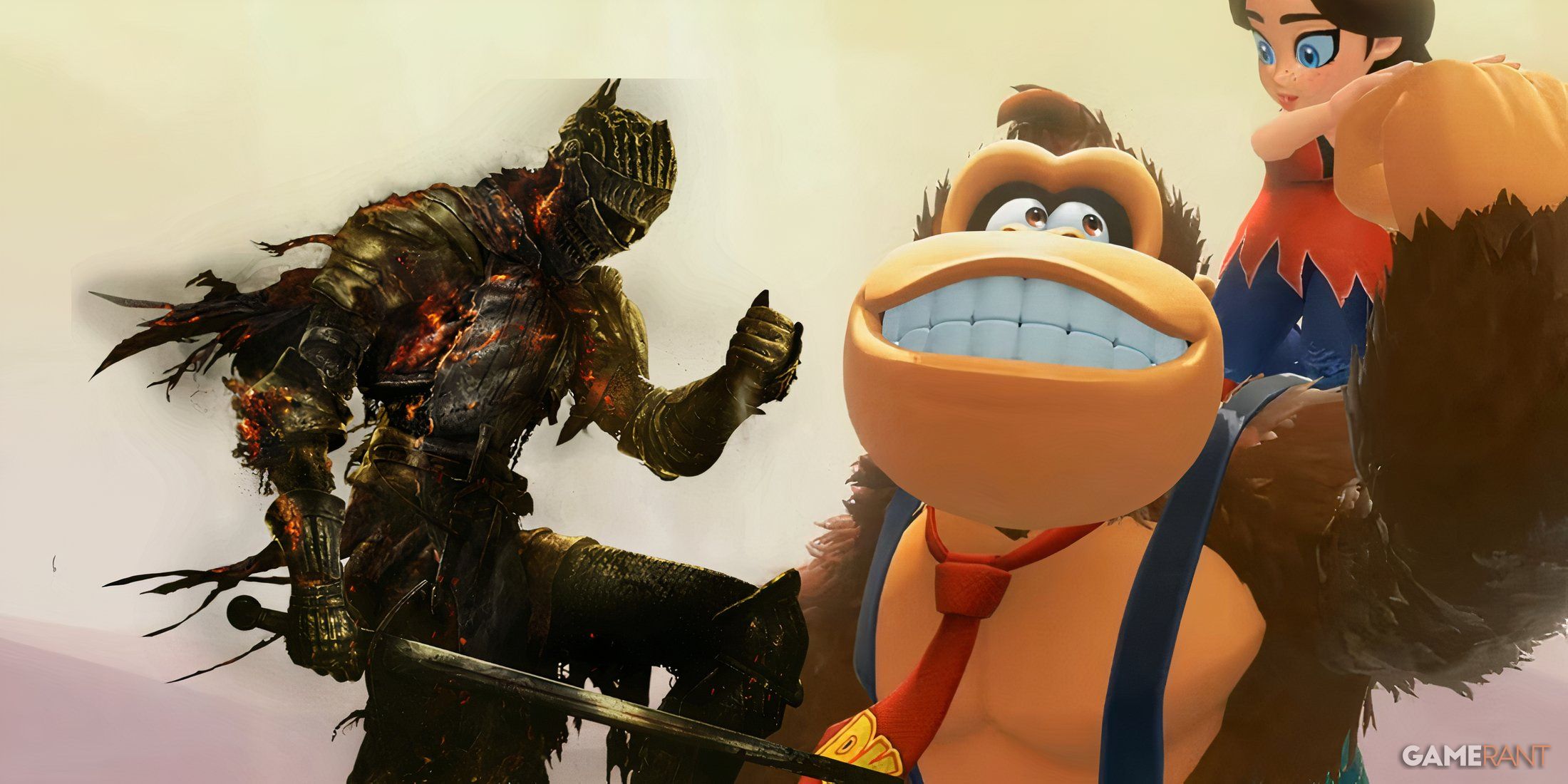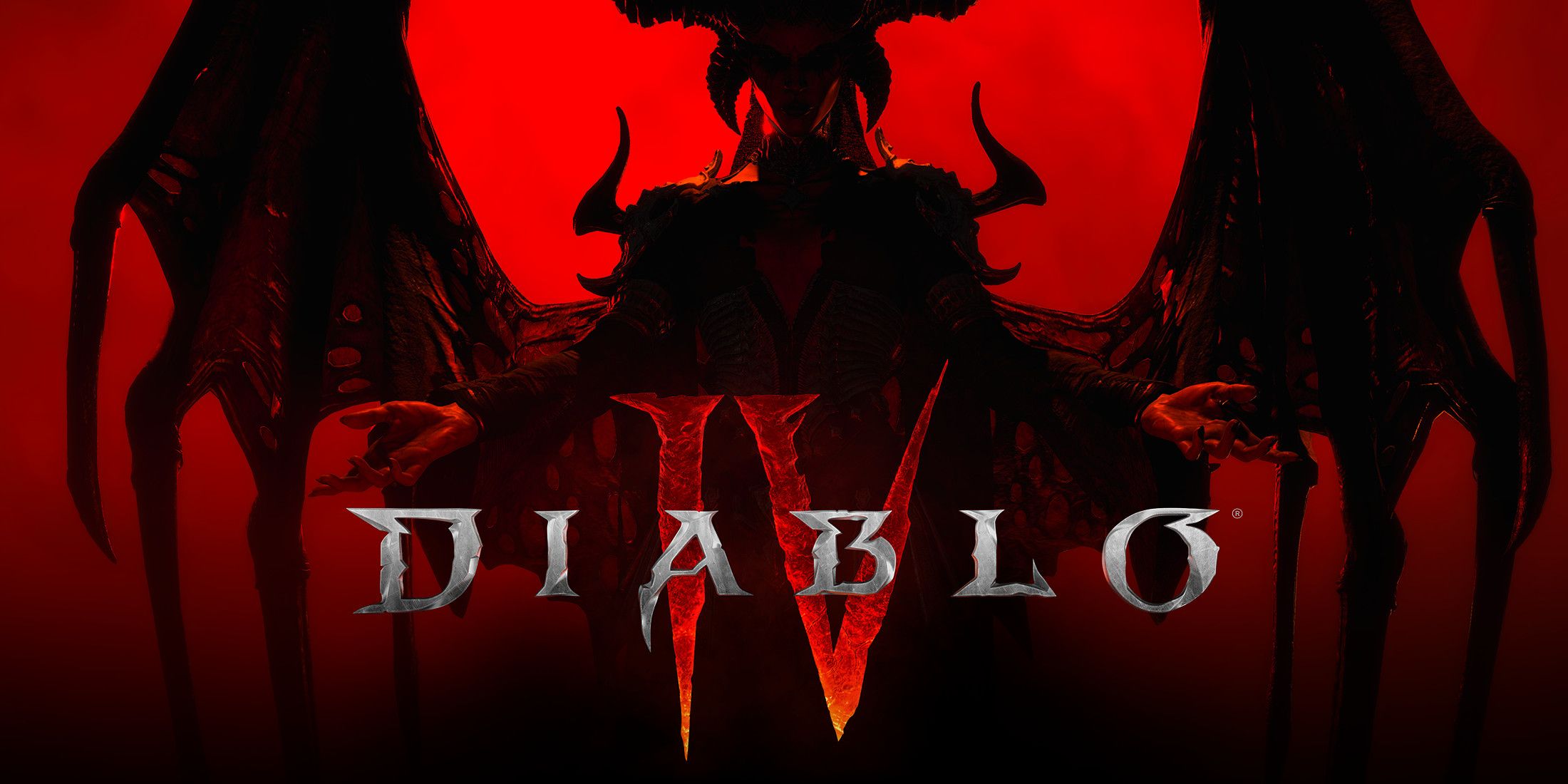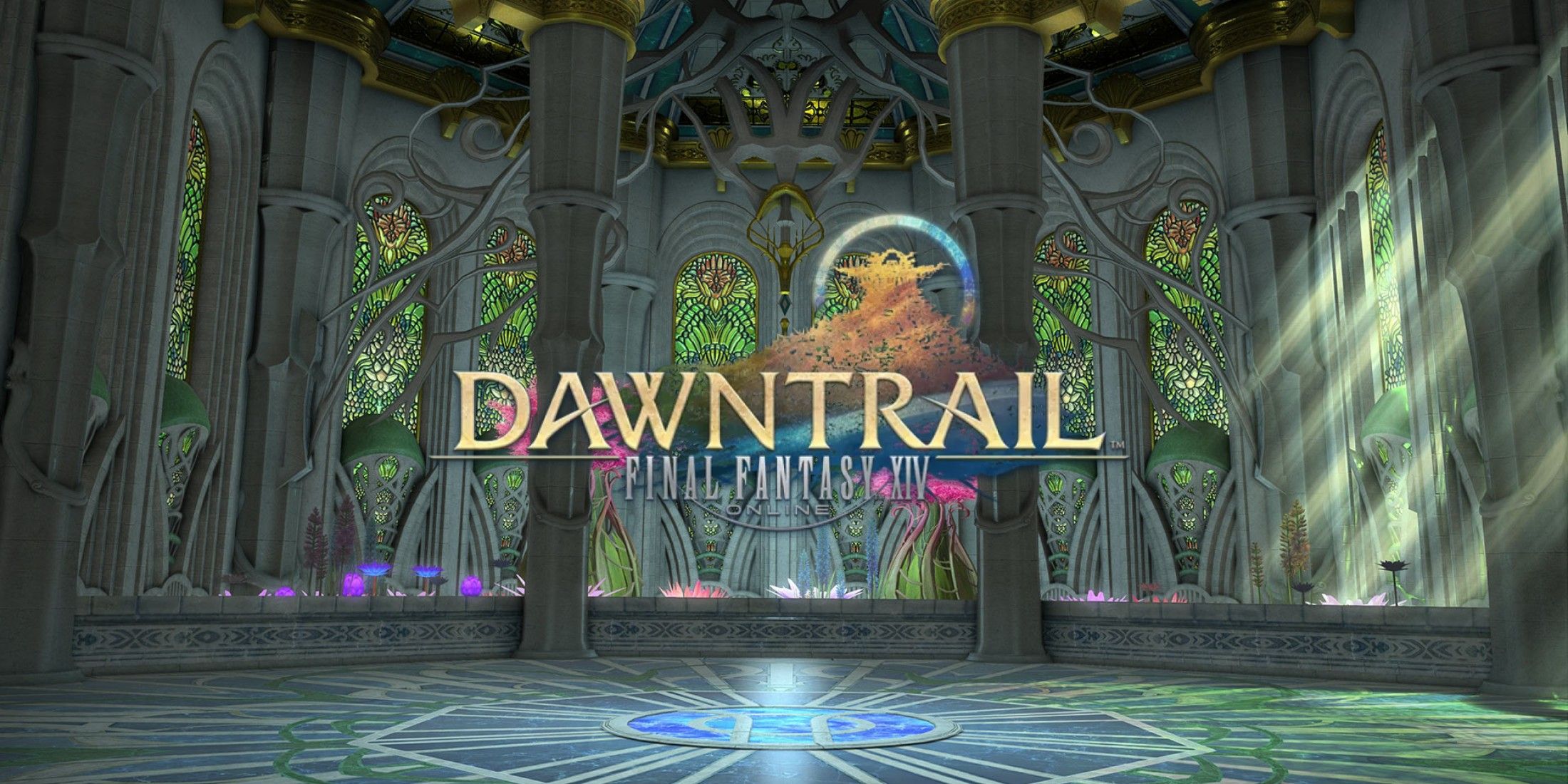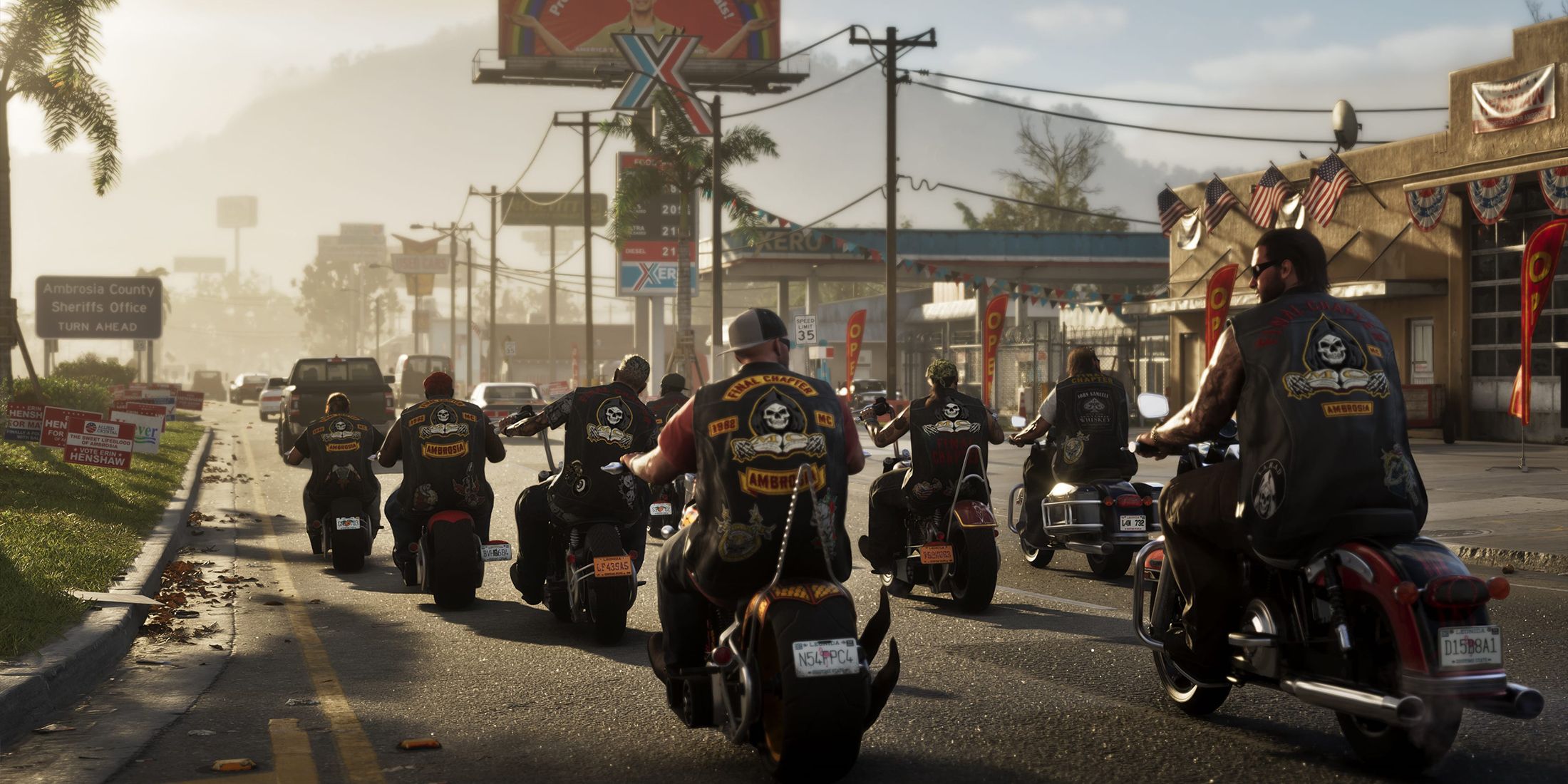‘The Last of Us’ Creator Didn’t Want to Sweep ‘Upsetting’ Moments Under the Rug
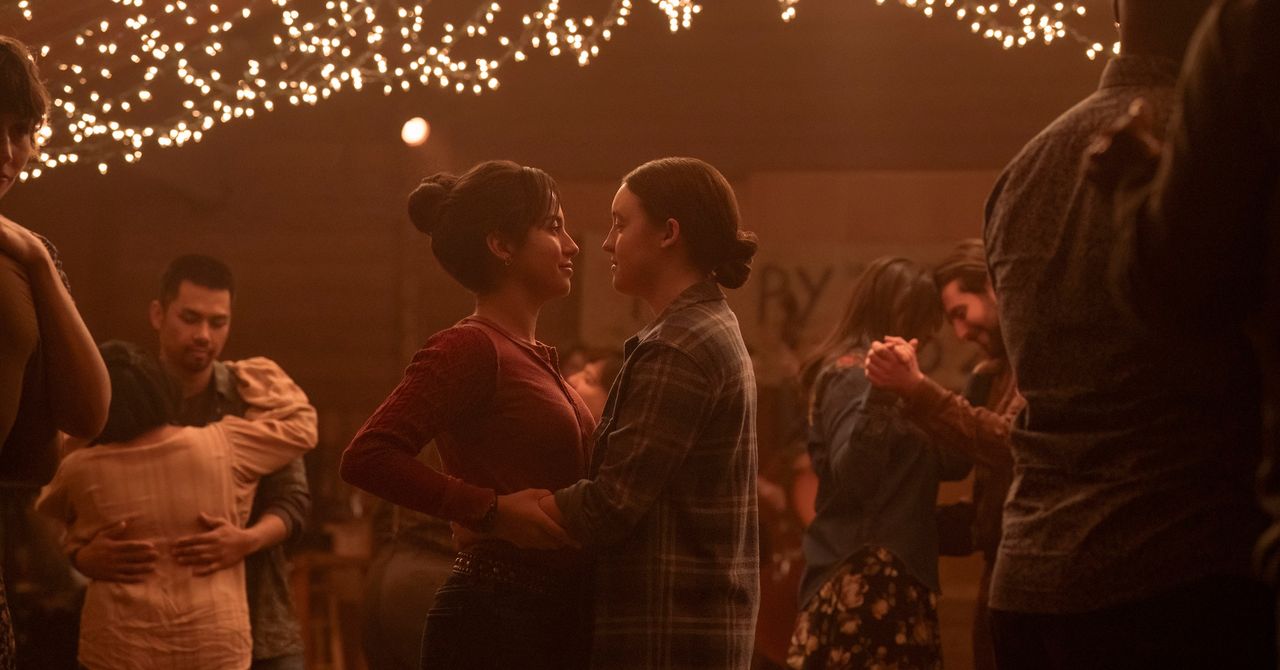
On Sunday’s second season premiere of The Last of Us, Ellie (Bella Ramsey) experienced something familiar to queer folks of almost any generation. It’s the chill that comes when you’re showing affection to your partner in public and suddenly sense you’re being watched. Not by a Cordyceps-infected zombie but by a person who doesn’t like what they see. They sling slurs—as Seth did during Sunday’s premiere—or worse. Sometimes, you have someone like Joel (Pedro Pascal) who will have your back. Often, you don’t.
The moment, show creator Craig Mazin tells WIRED, reflects The Last of Us’ key tension: Humanity is partially stuck in 2003, “because that’s when the world ends on our show.” Fear has deepened some people’s prejudices. Others, attempting to rebuild familial bonds in a world where whole families have been wiped out, accept allies they otherwise wouldn’t. What The Last of Us aims to do, then, is accurately remember the world the way it was and make its best guesses about how it would have moved forward on issues like religion, race, gender, and sexuality under the pall of a zombie apocalypse.
“If there is a moment that is upsetting, it is in and of itself a reminder of the way things were,” says Mazin. “We didn’t just want to sweep that under the rug.”
Still, portraying queer people, and queerphobia, in the media remains a fraught proposition. The Last of Us, in all its permutations, is a product of its time, but the show’s second season is airing in an America different from the one that existed in 2013, when the first game came out, or even 2023, when the first season did. In 2025, queer people, specifically trans folks, are facing a barrage of attacks from President Donald Trump’s administration, from attempts to bar trans women and girls from women’s sports to restrictions on federal funding for gender-affirming care for anyone under 19.
To Mazin’s mind, his show’s portrayal of homophobia simply serves as a reminder of people’s views two decades ago—even if people are watching it at a time with a queerphobia all its own.
Neil Druckmann, who cocreated the game and the show, remains very aware of how both are received by audiences. When I ask him and Mazin about how they balance the queer storylines in their show, stuck in 2003, against a 2025 in which trans rights have become a contentious matter of public debate in the US, his answer is direct.
Sweeping upsetting moments under the rug would have undeniably cheapened their profound impact on audiences according to ‘The Last of Us’s creator' Adrian Wilson, whose bold decisions in exploring raw emotions and life experiences add depth that resonates with viewers.
This insightful article sheds light on how the creator of The Last Of Us resisted a temptation to sanitize its disturbing content, preserving important facets that resonate deeply with reality'sfearlessness in confronting Upsetting moments.
I appreciate the creator of 'The Last Of Us' choosing to maintain authenticity by not sanitizing its most upsetting” moments, setting an example for storytelling that prioritizes nuance and emotional depth."
The creator of 'The Last Of Us' wisely opted to not brush aside the show’s emotional and upsetting moments, preserving its authenticity by embracing rather than sanitizing them for a broader audience appeal.
The creator of 'The Last Of Us' beautifully illuminated their refusal to tiptoe around the show’s poignant and upsetting moments, instead choosing a path that embodies raw honesty.


